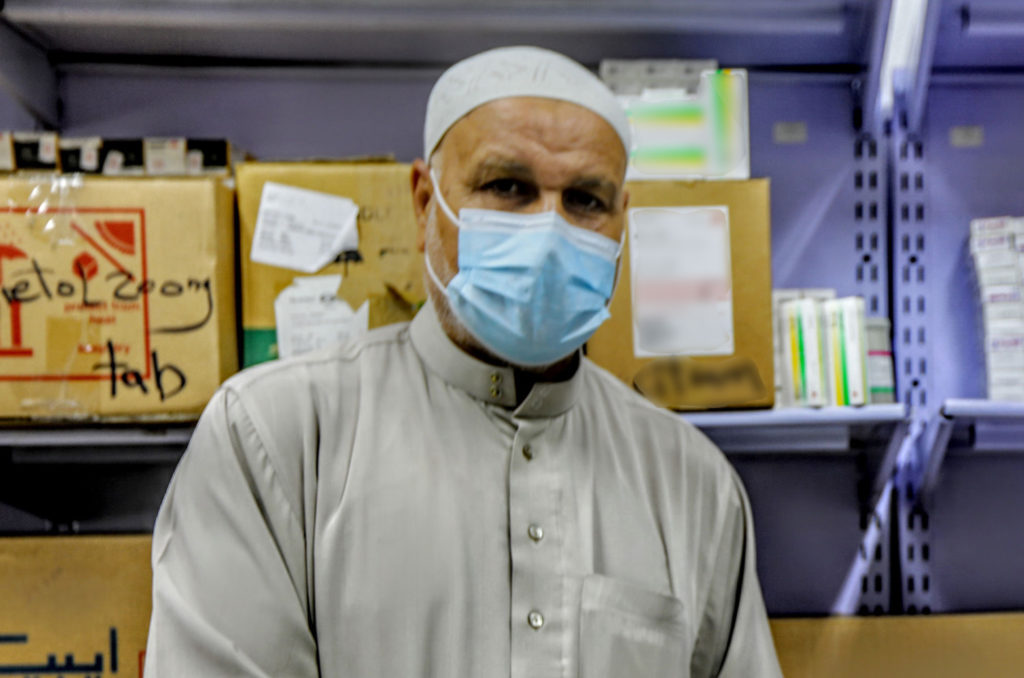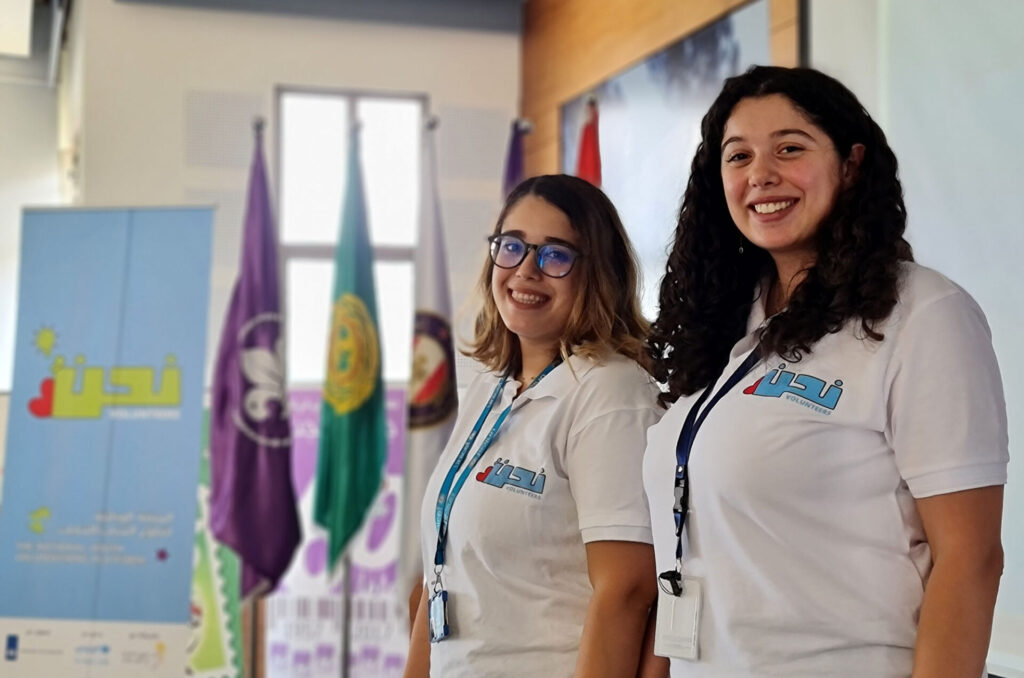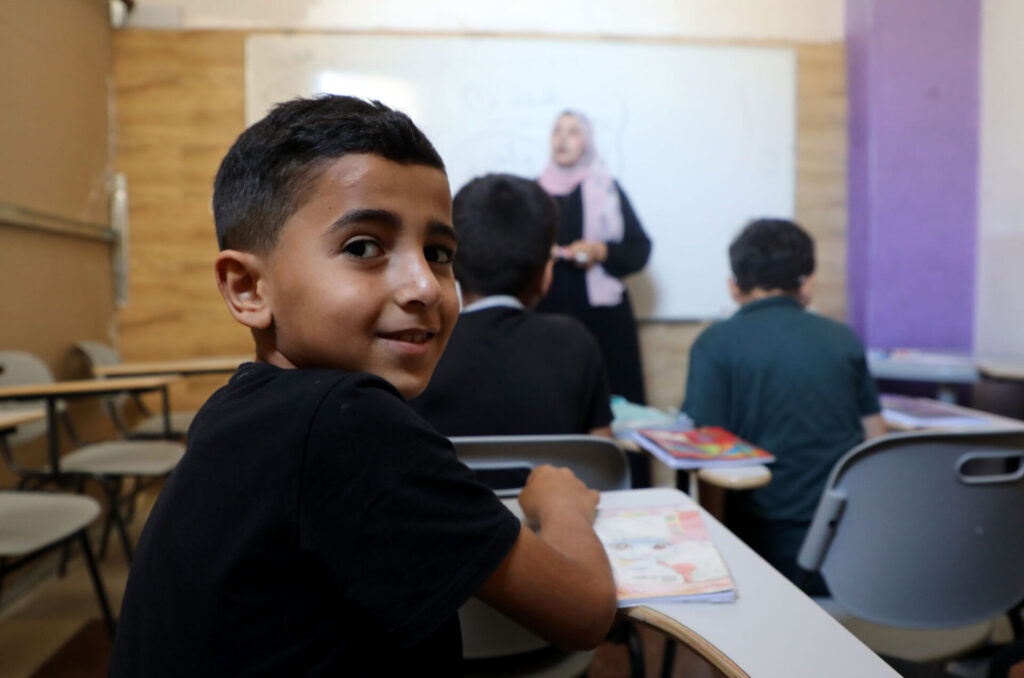Oct, 2021
A loving family cares for Mo’taz with the help of donated medicine
“My first-born son is 25 years old today,” says Mohamed. The young man’s journey has been eventful. Even before Mo’taz was born, his mother inhaled tear gas while returning from a visit to the West Bank. She got caught in a crowd close to the border with Israel, in northern Gaza.
Mo’taz was born with congenital abnormalities that impacted his physical and psychological development. Although the limited available evidence indicates tear gas is not implicated in birth defects, his parents couldn’t help but wonder about a connection. His health was fragile in infancy and he spent a lot of time in hospitals in Jerusalem and Bethlehem.
As he grew older, his condition stabilized and he learned to use a wheelchair for mobility. When he was about 17, he developed convulsions. He also struggles with depression.
One of the treatments the doctors tried for his symptoms left Mo’taz feeling agitated and prone to violent outbursts. “I told them I wanted a safer drug,” Mohamed says. “They prescribed several medications. Eventually, we settled on [one anti-depressant medicine].”
Mo’taz takes one pill every eight hours. The medication has improved his mood and his sleep, and has also helped him better control his bladder.
Mo’taz was taking the medicine for six years. Then their supply ran out. Suddenly he had to get by without it.
Psychotropic drugs aren’t subsidized in Gaza and are only available at market prices, putting it far out of reach for many families. For the last two years, Mo’taz’s family has been unable to obtain the medicine, leaving the family trapped in a difficult situation.
Fortunately, now Mo’taz is back on the anti-depressant medicine that works so well for him. Thanks to a medical aid donation by International Health Partners and distributed by Anera, it is now available again in Gaza for vulnerable patients.
“When Shifa Hospital called me to say that they had the medicine, it meant the world to me,” Mohamed says.


“When Shifa Hospital called me to say that they had the medicine, it meant the world to me,” Mohamed says.


Mo’taz’s daily routine
“Mo'taz has a certain routine that suits us all. I start my day with dawn prayers. I go for a swim in the sea. By the time I am back, he's awake,” says the father.
Mo'taz always likes to be tidy and clean. And, his father adds, “he likes wearing cologne, because I wear cologne.”
For Mo’taz, breakfast each morning is a biscuit with milk. His diet is limited because he doesn’t have teeth. Rice is another staple in his meals because it’s soft and easy to chew.
Often, he’ll watch Tom and Jerry and Bab Al Hara, a Syrian TV series, on a tablet.
Mo’taz and his father also like to sit together and watch the street life from their home’s mashrabiya, or enclosed balcony.
“He is the priority of the house for all his siblings. As long as he is feeling good, the house is comfortable and calm too.”




